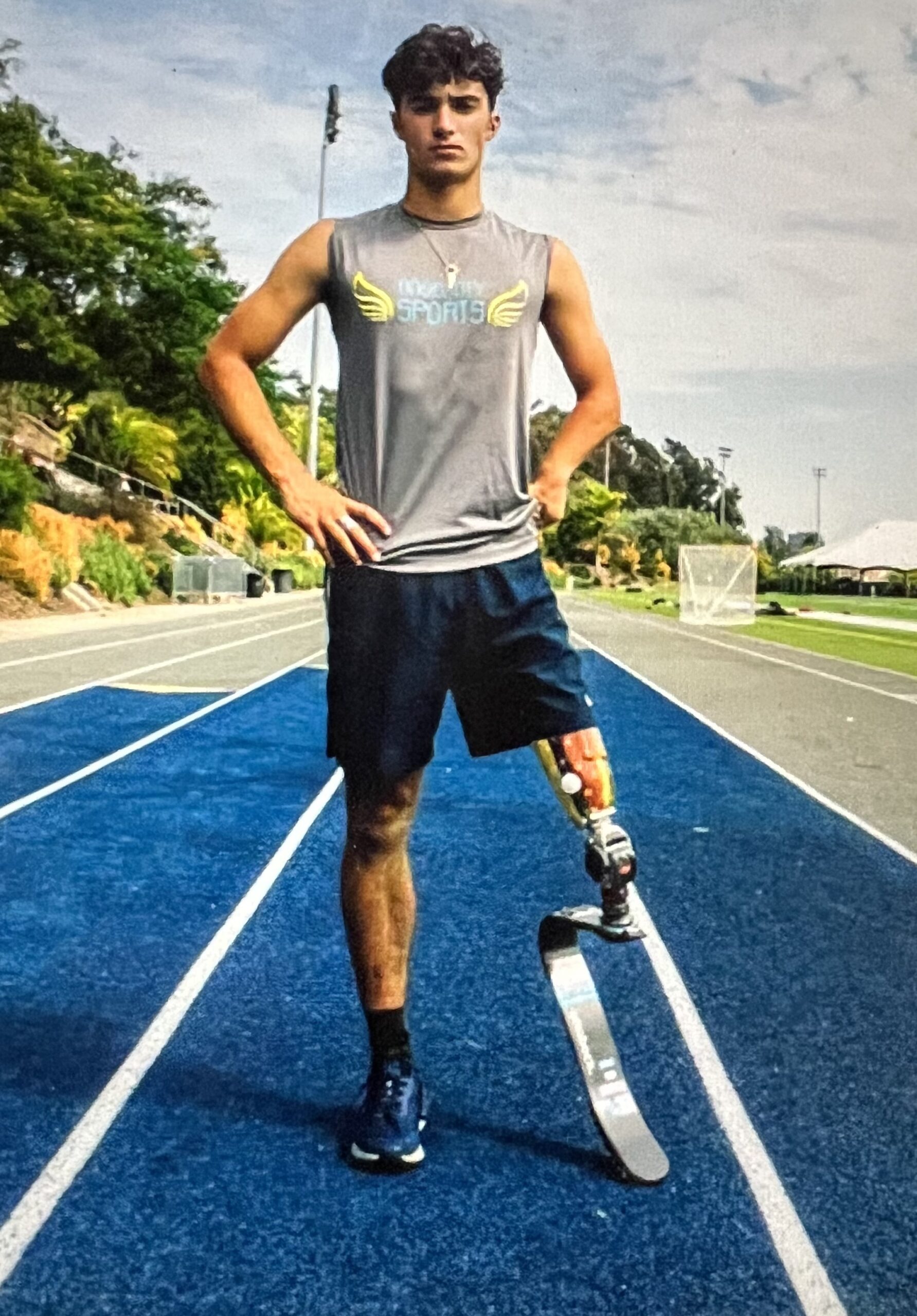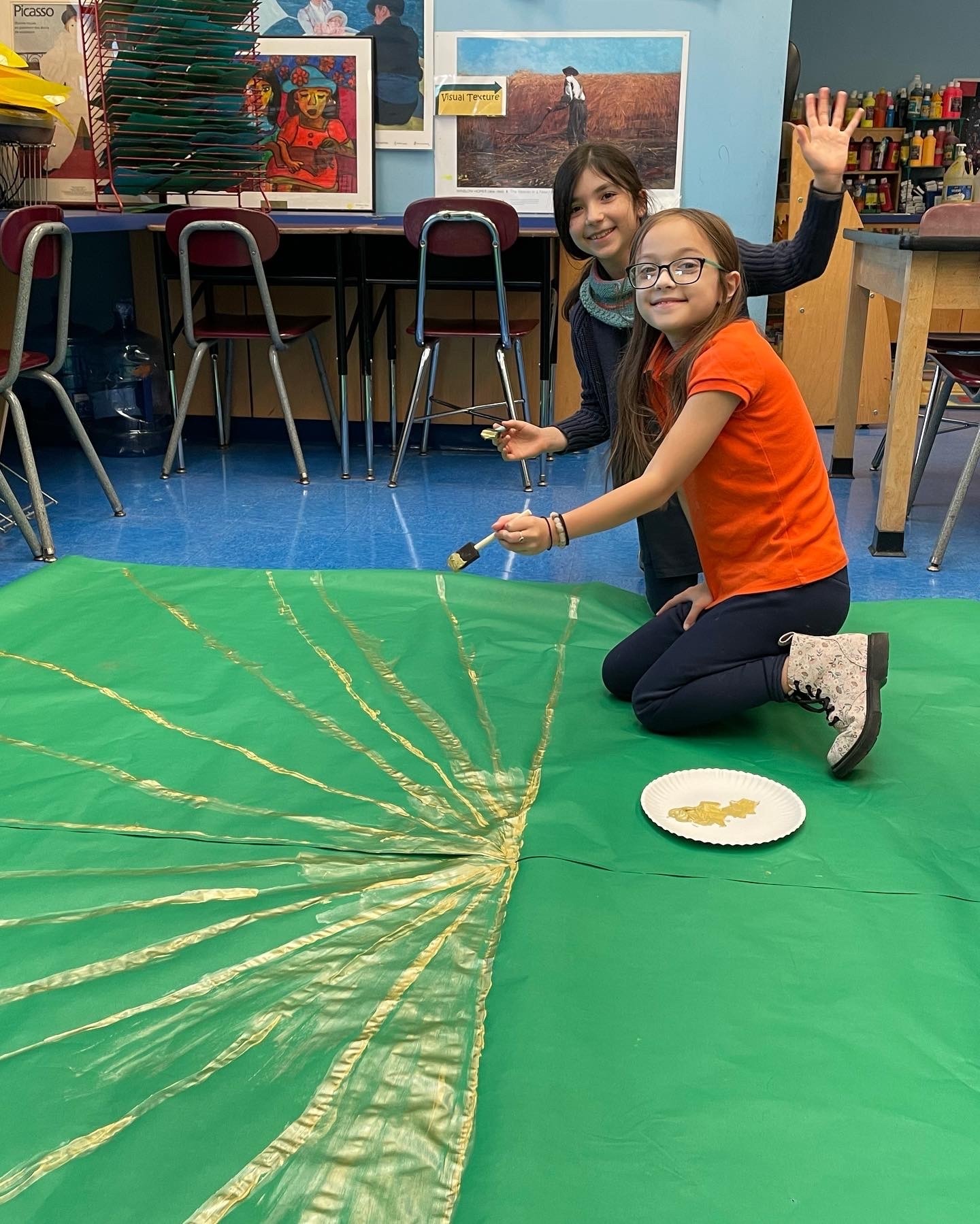Fall 1980
It is 7:00 am and I am sitting on my bed in my house in Urbana. It is time to get up for school, but I can’t get dressed, at least not yet. No, I need to wait for one of my parents to come in to take my pajamas off, and then to help me get dressed, and to tie my shoes. As I wait for someone to come, I hear my older and younger brothers, already having dressed themselves, eating their cereal downstairs. Today will be no different than any other. It will be another
day at school where kids will stare, and, rather than feeling tormented, I will stay in at recess. Each day I stare out the window, watching them play sports and activities that I cannot play. I think of the teachers as my friends since they are the only people that seem to have any interest in me while at school. With only one finger on each hand, it was assumed I could not write, so the teachers and my parents have figured out a way that I could perform my elementary school assignments using “PLATO,” a University of Illinois project that was the first generalized computer instruction system. Dinner is no better. We are having my mom’s Jujeh kebab. Although it is my favorite of her Iranian meals, I’ll have to wait for my mom or dad to cut up my meat. Before bed, I love watching M*A*S*H on TV at night with my brothers. I sit on the couch with them and for once feel accepted and normal. It’s time to go to sleep. My mom follows me up to help undress me and put my pajamas back on. I hate myself.
The above is not a real depiction of my life. None of it ever happened. But it very easily could have been.
May 2012
 Recently, over the Memorial Day weekend I was taken by an article called, “From Tragedy to Triumph,” written by Nicholas Kristof in the New York Times. The story was about Memuna Manaray McShane. At only two years of age, Memuna watched as her grandmother and mother were attacked and killed in war-torn Sierra Leone. Some of the bullets that killed her grandmother shattered Memuna’s arm, grazing her side. Memuna’s injuries caused her to lose her arm just below the shoulder.
Recently, over the Memorial Day weekend I was taken by an article called, “From Tragedy to Triumph,” written by Nicholas Kristof in the New York Times. The story was about Memuna Manaray McShane. At only two years of age, Memuna watched as her grandmother and mother were attacked and killed in war-torn Sierra Leone. Some of the bullets that killed her grandmother shattered Memuna’s arm, grazing her side. Memuna’s injuries caused her to lose her arm just below the shoulder.
At the age of six, Memuna was adopted by Kevin and Kelly McShane, who were already the biological parents of two children around Memuna’s age. Up until that moment, Memuna was spoiled, having become accustomed to adults catering to her demands and assuming she always needed physical assistance due to her amputation. Rather than being overprotective and fearful for their new daughter, the McShanes took the opposite approach and treated her just like their other two children. “We just wanted her to be a normal little girl,” Kelly explained. The result? Today Memuna functions independently, doing everything from the dishes to rock-climbing. In fact, she is a 15-year-old basketball star at her high school in Washington, DC.
 This story resonated so strongly with me because the McShanes were just like my family. They reminded me why I need to continually praise my own parents, and emulate their method of parenting. Had Memuna’s adoptive parents been overprotective, she would have suffered even more. She would have grown up a creature of dependency, with all the sadness that carries.
This story resonated so strongly with me because the McShanes were just like my family. They reminded me why I need to continually praise my own parents, and emulate their method of parenting. Had Memuna’s adoptive parents been overprotective, she would have suffered even more. She would have grown up a creature of dependency, with all the sadness that carries.
 My husband John and I continue to carry these lessons forward, in particular with our sons, Ethan and Charlie, who share my condition. Just the other day I had to hold back from cutting their chicken at dinner. Ethan, in particular, was frustrated with us. “Mom, please will you cut this? It’s on the bone so it’s impossible for me to get the meat off by myself!” Fighting the urge to help your child, especially when they are seeking your physical assistance to eat, is mentally exhausting. However, we are committed to continuing to holding back, just as my parents did for me; just as the McShanes did for Memuna.
My husband John and I continue to carry these lessons forward, in particular with our sons, Ethan and Charlie, who share my condition. Just the other day I had to hold back from cutting their chicken at dinner. Ethan, in particular, was frustrated with us. “Mom, please will you cut this? It’s on the bone so it’s impossible for me to get the meat off by myself!” Fighting the urge to help your child, especially when they are seeking your physical assistance to eat, is mentally exhausting. However, we are committed to continuing to holding back, just as my parents did for me; just as the McShanes did for Memuna.
The alternative? Read the first paragraph of this post.




